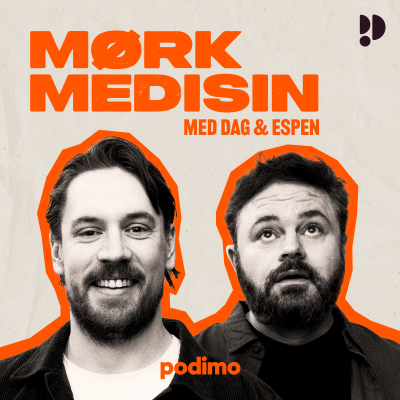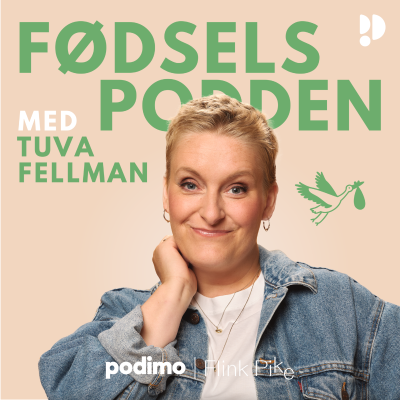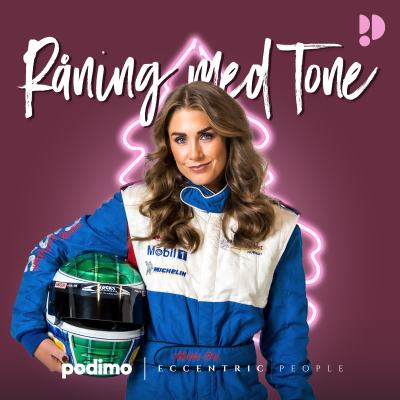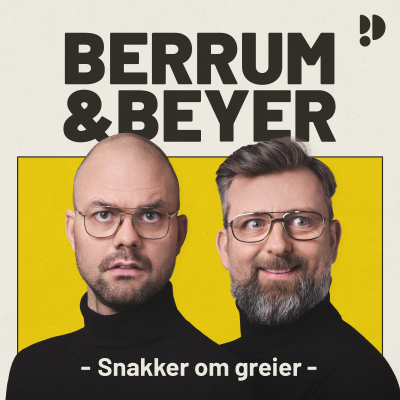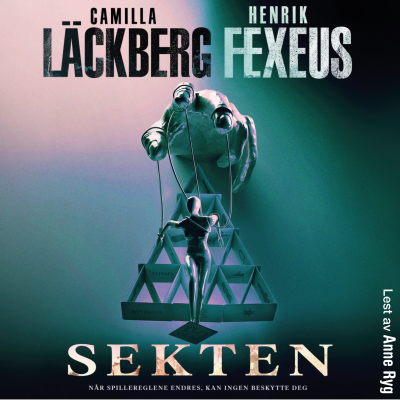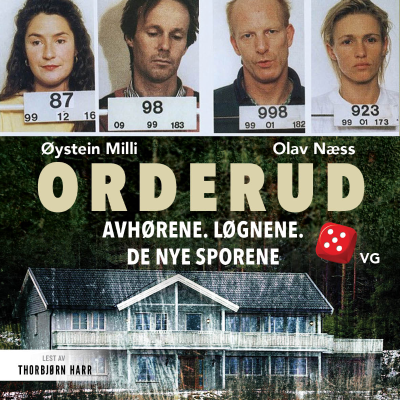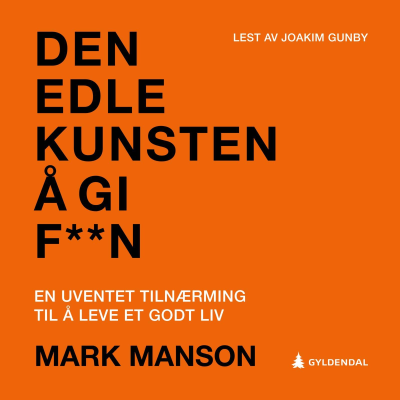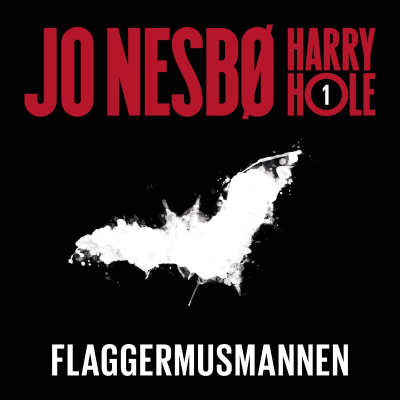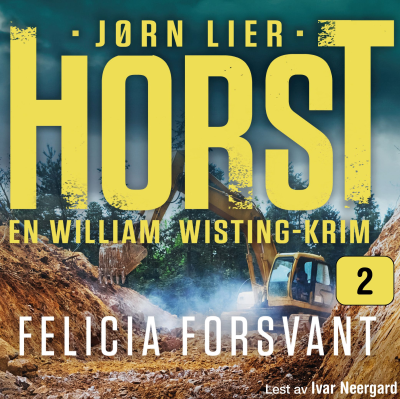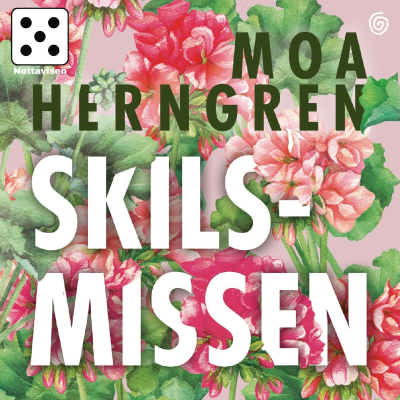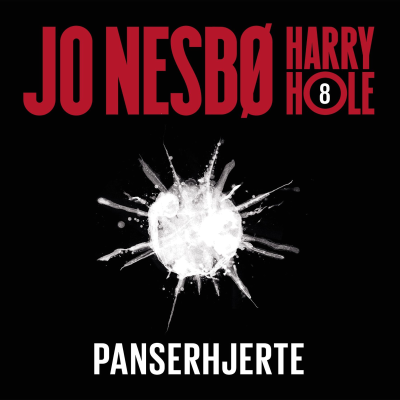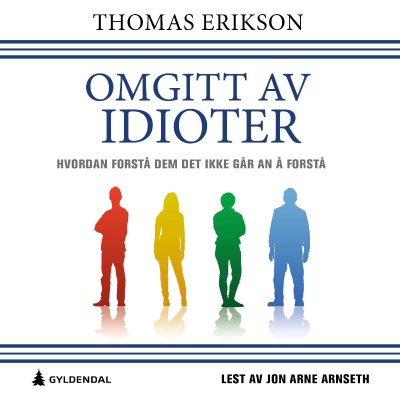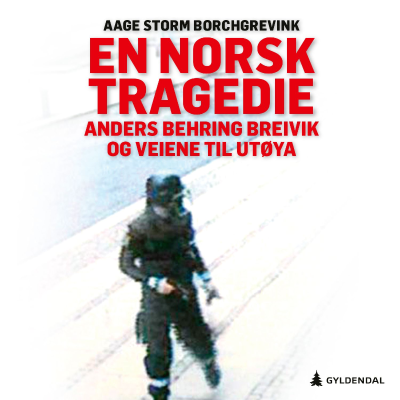
airhacks.fm podcast with adam bien
Podkast av Adam Bien
Java, Serverless, Clouds, Architecture and Web conversations with Adam Bien
Tidsbegrenset tilbud
2 Måneder for 1,00 kr
Deretter 99,00 kr / MånedAvslutt når som helst.
Alle episoder
355 EpisoderAn airhacks.fm [https://airhacks.fm] conversation with Fabio Niephaus (@fniephaus [https://twitter.com/fniephaus]) about: > GraalVM [https://www.graalvm.org] polyglot capabilities now available [https://sourceforge.net/projects/javagroups/] as Maven [https://maven.apache.org] dependencies without requiring GraalVM JDK, > running WebAssembly [https://webassembly.org] modules in Java applications using GraalWasm [https://www.graalvm.org/webassembly/], > separation of polyglot runtime from GraalVM distribution, > embedding use cases for extending Java applications with python [https://www.python.org] JavaScript and WebAssembly, > performance benefits when running on GraalVM vs openJDK [https://openjdk.java.net] through automatic JIT [https://en.wikipedia.org/wiki/Just-in-time_compilation] optimization, > WebAssembly as portable compilation target for multiple languages including rust [https://www.rust-lang.org] C++ [https://en.wikipedia.org/wiki/C%2B%2B] Go, > WASI (WebAssembly System Interface) enabling file and network operations, > advantages over JNI/Panama FFI for native extensions due to portability and sandboxing, > multi-threading support with context pools for high throughput, > using JavaScript bindings as intermediary for high-level Java-WASM interactions, > future component model with WIT (WebAssembly Interface Types) for language-agnostic interfaces, > security benefits of sandboxed execution for untrusted code, > WebImage preview feature compiling Java bytecode to WebAssembly modules, > javac demo running Java compiler in browser, > command-line tools converted to web applications using WebImage, > Edge Computing [https://en.wikipedia.org/wiki/Edge_computing] use cases for user-defined functions, > native image [https://www.graalvm.org/docs/reference-manual/native-image/] compatibility with GraalWasm, > Pyodide [https://pyodide.org/en/stable/usage/packages-in-pyodide.html] integration possibilities for secure Python native extensions, > Spring Shell successfully compiled to WASM demonstrating framework compatibility, > ongoing work on threading networking and WASI support for full server-side capabilities, > collaboration with WebAssembly community and Bytecode Alliance, > WASM GC proposal for efficient garbage collection, > bringing dynamic class loading to native image, > GraalWasm demos and guides [https://github.com/graalvm/graal-languages-demos/tree/main/graalwasm], > javac on Wasm live demo [https://graalvm.github.io/graalvm-demos/native-image/wasm-javac/], > javac on Wasm demo code [https://github.com/graalvm/graalvm-demos/tree/master/native-image/wasm-javac], > Web Image talk at Wasm.io 2025 [https://2025.wasm.io/sessions/the-future-of-write-once-run-anywhere-from-java-to-webassembly/], > GraalVM Web Image sources [https://github.com/oracle/graal/tree/master/web-image], > GDK Launcher [https://graal.cloud/gdk/launcher/], > GraalPy [https://www.graalvm.org/python/], > GraalPy demos and guides [https://github.com/graalvm/graal-languages-demos/tree/main/graalpy] Fabio Niephaus on twitter: @fniephaus [https://twitter.com/fniephaus]
An airhacks.fm [https://airhacks.fm] conversation with Maurice Naftalin (@mauricenaftalin [https://twitter.com/mauricenaftalin]) about: > experiences with Visual Age for Java [https://en.wikipedia.org/wiki/VisualAge] and its visual programming approach with arrows connecting components, > working on British Department of Health and Social Security project using Visual Age [https://de.wikipedia.org/wiki/IBM_Visual_Age] for Java [https://www.java.com/en/] for benefits system navigation, > comparison of various Java IDEs including Visual J++, > Sun Java Workshop [https://www.cs.colostate.edu/helpdocs/jws.html], > JBuilder [https://en.wikipedia.org/wiki/JBuilder], > Eclipse [https://www.eclipse.org/ide/], > NetBeans [https://netbeans.apache.org/front/main/index.html], > IntelliJ IDEA, > and Visual Studio Code [https://code.visualstudio.com], > advantages of VS Code for polyglot programming and its growing ecosystem, > visual programming experiences with state charts for reactive systems, > IBM Rational tools and UML [https://en.wikipedia.org/wiki/Unified_Modeling_Language] integration, > successful visual programming with NetBeans Matisse [https://netbeans.org/features/java/swing.html] GUI builder and AWS Step Functions [https://aws.amazon.com/step-functions/], > Model Driven Architecture and code generation from UML diagrams, > writing Java Generics and Collections book with Philip Wadler for Java 5 [https://en.wikipedia.org/wiki/Java_version_history] and updating it for a second edition, > changes in Java idioms over 15 years including deprecation of wrapper class constructors, > sequence collections as major addition to Java collections framework, > PECS (Producer Extends Consumer Super) principle for generics, > underappreciated Java collections like NavigableMap, > preference for method references and keeping lambdas concise in streams, > using Class::method notation instead of Class.method, > Scottish countryside and Edinburgh living experiences, > early internet challenges with 300 baud acoustic couplers influencing views on network distribution versus CD-ROMs, > transition from safety-critical systems to Java training and consulting, > importance of understanding bounded wildcards in generics, > future impact of Project Valhalla [https://openjdk.java.net/projects/valhalla/] on generics and collections Maurice Naftalin on twitter: @mauricenaftalin [https://twitter.com/mauricenaftalin]
An airhacks.fm [https://airhacks.fm] conversation with Michalis Papadimitriou (@mikepapadim [https://twitter.com/mikepapadim]) about: > starting with Java [https://www.java.com/en/] 8, > first computer experiences with Pentium 2, > doom [https://en.wikipedia.org/wiki/Doom_(franchise)] 2 and Microsoft Paint [https://en.wikipedia.org/wiki/Microsoft_Paint], > university introduction to Object-oriented programming [https://en.wikipedia.org/wiki/Object-oriented_programming] using Objects First and bluej [https://www.bluej.org] IDE, > Monte Carlo simulations [https://en.wikipedia.org/wiki/Monte_Carlo_method] for financial portfolio optimization in Java, > porting Java applications to OpenCL [https://en.wikipedia.org/wiki/OpenCL] for GPU acceleration achieving 20x speedup, > working at Huawei on GPU hardware, > writing unit tests as introduction to TornadoVM [https://www.tornadovm.org], > working on FPGA [https://en.wikipedia.org/wiki/Field-programmable_gate_array] integration and Graal [https://www.graalvm.org] compiler optimizations, > experience at OctoAI [https://octo.ai] startup doing AI compiler optimizations for TensorFlow and PyTorch models, > understanding model formats evolution from ONNX [https://onnx.ai/] to GGUF [https://github.com/ggerganov/ggml/blob/master/docs/gguf.md], > standardization of LLM inference through Llama models, > implementing GPU-accelerated Llama 3 inference in pure Java using TornadoVM, > achieving 3-6x speedup over CPU implementations, > supporting multiple models including Mistral [https://mistral.ai/] and working on qwen [https://chat.qwen.ai] 3 and deepseek [https://www.deepseek.com], > differences between models mainly in normalization layers, > GGUF becoming quasi-standard for LLM model distribution, > TornadoVM's Consume and Persist API for optimizing GPU data transfers, > challenges with OpenCL deprecation on macOS and plans for Metal backend, > importance of developer experience and avoiding python [https://www.python.org] dependencies for Java projects, > runtime and compiler optimizations for GPU inference, > kernel fusion techniques, > upcoming integration with langchain4j [https://github.com/langchain4j/langchain4j], > potential of Java ecosystem with Graal VM and Project Panama [https://openjdk.org/projects/panama/] FFM for high-performance inference, > advantages of Java's multi-threading capabilities for inference workloads Michalis Papadimitriou on twitter: @mikepapadim [https://twitter.com/mikepapadim]
An airhacks.fm [https://airhacks.fm] conversation with Jonathan Ellis (@spyced [https://twitter.com/spyced]) about: > brokk [https://brokk.ai] AI tool for code generation named after Norse god of the forge, > AI as complement to experienced programmers' skillsets, > age and productivity in programming, > transition from JVector [https://github.com/datastax/jvector] to working on Cassandra [https://cassandra.apache.org] codebase, > challenges with AI in large codebases with extensive context, > building tools for historical Java [https://www.java.com/en/] codebases, > comparison of productivity between younger and older programmers, > brute force coding vs experienced approach, > reading code quickly as a senior skill, > AI generating nested if-else statements vs better structures, > context sculpting in Brokk, > open source nature of Brokk, > no black boxes philosophy, > surfacing AI context to users, > automatic context pulling with manual override options, > importing dependencies and decompiling JARs for context, > syntax tree based summarization, > Maven [https://maven.apache.org] and Gradle [https://en.wikipedia.org/wiki/Gradle] dependency handling, > unique Java-specific features, > multiple AI model support simultaneously, > Claude vs Gemini Pro performance differences, > Git history as context source, > capturing commits and diffs for regression analysis, > migration analysis between commits, > AI code review and technical debt cleanup, > style for code style guidelines, > using modern Java features like var and Streams, > Error Prone [https://errorprone.info] and NullAway [https://github.com/uber/NullAway] integration for code quality, > comparison with Cursor's primitive features, > branching conversation history, > 80% time in Brokk vs 20% in IntelliJ workflow, > sketching package structures for AI guidance, > data structures guiding algorithms, > Git browser by file and commit, > unified diff as context, > reflection moving away from due to tooling opacity, > Jackson serialization refactoring with DTOs, > enterprise features like session sync and sharing, > unified API key management, > rate limit advantages, > parallel file processing with upgrade agent, > LiteLLM [https://github.com/BerriAI/litellm] integration for custom models, > pricing model based on credits not requests, > $20/month subscription with credits, > free tier models like Grok 3 Mini and DeepSeek V3, > architect mode for autonomous code generation, > code button for smaller problems with compile-test loop, > ask button for planning complex implementations, > senior vs junior programmer AI effectiveness, > self-editing capability achieved early in development, > no vector search usage despite JVector background Jonathan Ellis on twitter: @spyced [https://twitter.com/spyced]
An airhacks.fm [https://airhacks.fm] conversation with Billy Korando (@BillyKorando [https://twitter.com/BillyKorando]) about: > Apple IIe [https://en.wikipedia.org/wiki/Apple_IIe] and Packard Bell in the late 80s/early 90s, > playing games like Three Stooges [https://en.wikipedia.org/wiki/The_Three_Stooges_(video_game)] and Wolfenstein 3D [https://en.wikipedia.org/wiki/Wolfenstein_3D], > taking a year off after high school to work at FedEx as a package handler which motivated him to pursue higher education, > his first professional job working on insurance regulation software using Java [https://www.java.com/en/] 1.4 with Apache Struts [https://struts.apache.org] and custom frameworks, > transitioning to Spring 2.5 and experiencing the XML configuration challenges, > experience with the microservices hype around 2015 and learning that organizations that couldn't build good monoliths wouldn't succeed with microservices either, > automated testing and JUnit [https://junit.org/junit5/] 5, > meeting Pratik Patel at DevNexus which led to his first devrel position at IBM, > traveling extensively for conferences including J-Fall in the Netherlands, > being laid off from IBM in 2021 and joining Oracle's Java team, > focusing on JDK technologies like JFR [https://docs.oracle.com/javacomponents/jmc-5-4/jfr-runtime-guide/about.htm#JFRUH170], > garbage collection, > and project leyden [https://mail.openjdk.java.net/pipermail/discuss/2020-April/005429.html], > helping organize the Kansas City Developers Conference, > involvement in reviving JavaOne [https://en.wikipedia.org/wiki/JavaOne] as a standalone conference, > the importance of automated testing with tools like Test Containers versus older approaches with H2 databases, > the challenges of maintaining code coverage as a metric, > the evolution of Java, > focus on Java observability tools and performance optimization Billy Korando on twitter: @BillyKorando [https://twitter.com/BillyKorando]
Tidsbegrenset tilbud
2 Måneder for 1,00 kr
Deretter 99,00 kr / MånedAvslutt når som helst.
Eksklusive podkaster
Uten reklame
Gratis podkaster
Lydbøker
20 timer i måneden
